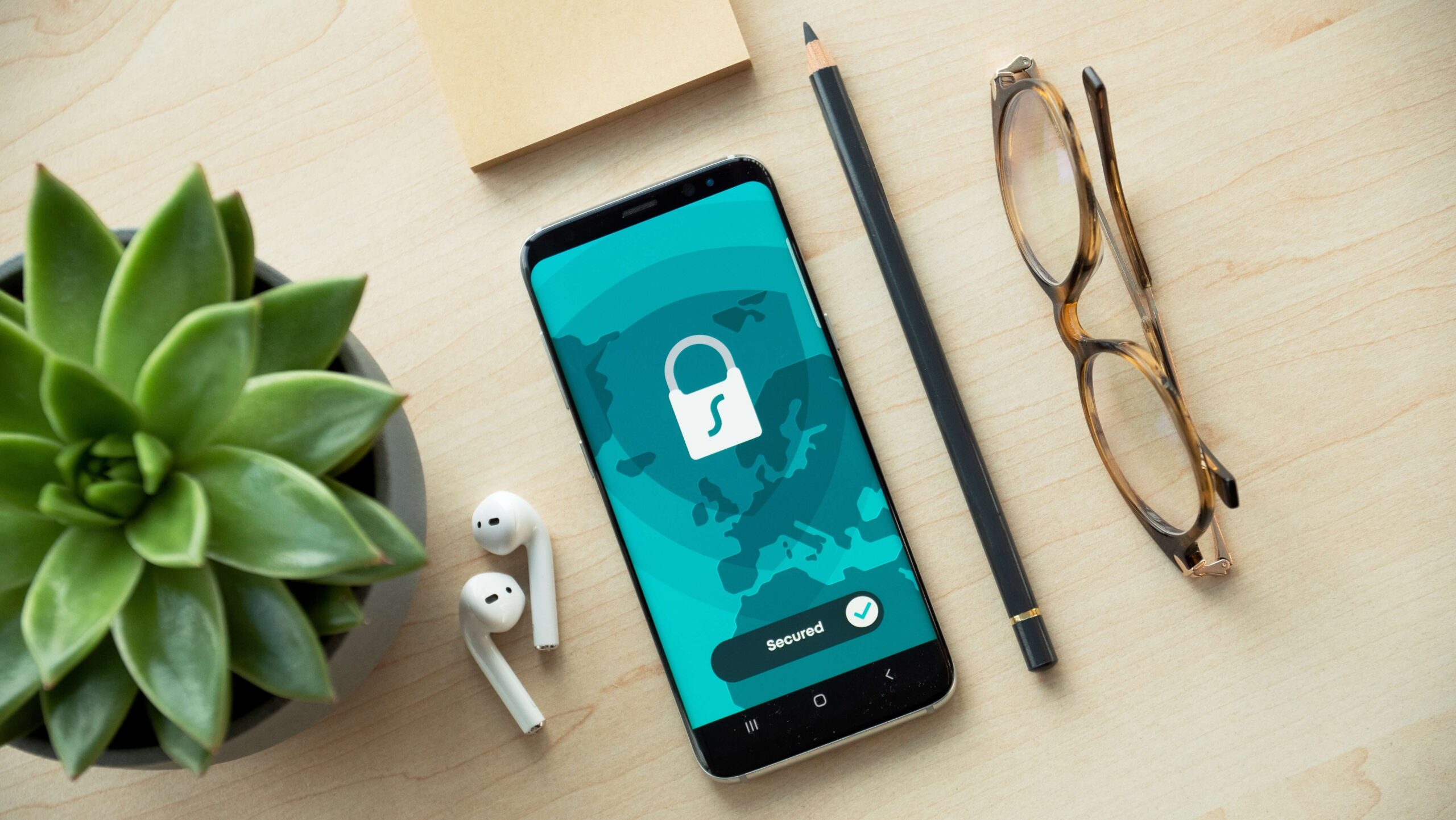The modern business landscape heavily relies on Software-as-a-Service (SaaS), an indispensable tool that offers streamlined processes and efficient solutions. With its widespread adoption, it is crucial to address two significant aspects: SaaS compliance and data privacy in the SaaS environment. In this article, we will delve into the importance of SaaS compliance and explore strategies to safeguard data privacy in SaaS platforms.
What is SaaS Compliance?
SaaS compliance refers to adhering to a set of rules, regulations, and standards specific to the SaaS industry. It ensures that SaaS providers and users comply with legal and security requirements, maintaining data integrity and user trust. SaaS companies must align with various industry-specific regulations and data protection laws to offer a secure and reliable service.
The Importance of SaaS Compliance
SaaS compliance is critical for several reasons. Firstly, it helps build customer trust. When businesses comply with industry standards, customers feel assured that their data is in safe hands. Secondly, it mitigates the risk of legal liabilities and potential lawsuits resulting from data breaches or non-compliance. Lastly, adhering to compliance standards improves overall data security and organizational resilience.
Strategies for Achieving SaaS Compliance
1. Comprehensive Data Encryption
One of the fundamental aspects of SaaS compliance is data encryption. By encrypting sensitive data at rest and in transit, SaaS providers can protect information from unauthorized access. This encryption ensures that even if a breach occurs, the data remains indecipherable to malicious actors.
2. Regular Security Audits and Assessments
SaaS companies must conduct regular security audits and risk assessments to identify potential vulnerabilities in their systems. These assessments help in implementing necessary security measures to maintain compliance. Additionally, third-party audits can provide an unbiased evaluation of the company’s security posture.
3. Role-Based Access Controls
Implementing role-based access controls ensures that only authorized personnel can access specific data. This helps prevent data leaks and unauthorized data modifications, strengthening the overall security framework.
4. Continuous Monitoring and Incident Response
Continuous monitoring of systems and networks is crucial to identify and address security incidents promptly. A well-defined incident response plan helps in containing potential breaches and minimizing the impact on users’ data.
Safeguarding Data Privacy in SaaS
Understanding Data Privacy in SaaS
Data privacy in SaaS refers to the protection of users’ personal information collected and processed within the SaaS platform. It involves obtaining consent, providing transparency, and ensuring that user data is not misused or shared with unauthorized parties.
Balancing Data Privacy and SaaS Functionality
While ensuring data privacy is essential, it should not compromise the functionality and usability of the SaaS platform. Striking the right balance between data privacy and seamless user experience is crucial for customer satisfaction.
Strategies for Enhancing Data Privacy in SaaS
1. Transparent Privacy Policies
SaaS providers should have clear and easily accessible privacy policies. These policies should outline what data is collected, how it is used, and the measures taken to protect it. Users should be informed about their rights regarding data privacy.
2. Data Minimization
Collecting only the necessary data is an effective way to enhance data privacy. SaaS providers should practice data minimization principles, ensuring that they only collect information essential for providing the service.
3. User Consent and Opt-Out Mechanisms
Obtaining explicit user consent before collecting and processing their data is vital. Additionally, providing easy-to-use opt-out mechanisms empowers users to control how their data is used.
4. Secure Data Storage and Transfer
SaaS companies should invest in secure data storage systems and encrypted data transfer protocols. This prevents unauthorized access to sensitive user information and ensures data remains protected throughout its lifecycle.
Conclusion
As the SaaS industry continues to evolve, the importance of SaaS compliance and data privacy cannot be overlooked. Adhering to industry-specific regulations and implementing robust security measures will build customer trust and protect businesses from potential legal liabilities. Simultaneously, safeguarding data privacy in SaaS platforms ensures that users’ personal information is handled responsibly, fostering a long-lasting relationship between SaaS providers and their customers. Embracing these best practices will not only strengthen the SaaS ecosystem but also contribute to a safer and more secure digital landscape for businesses and users alike.
